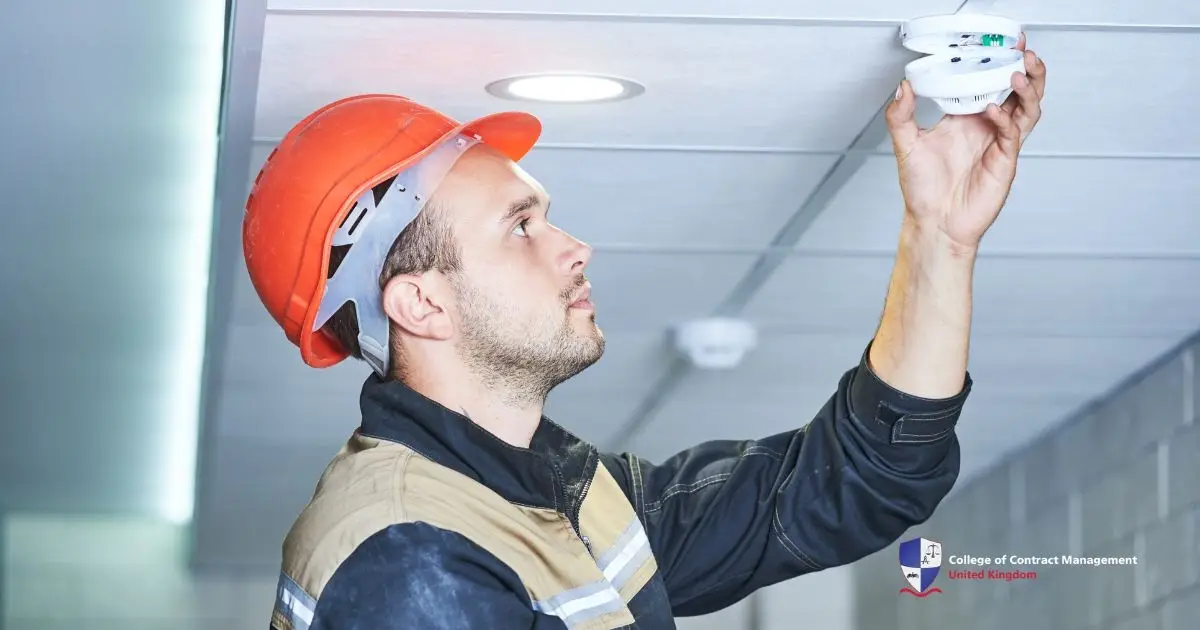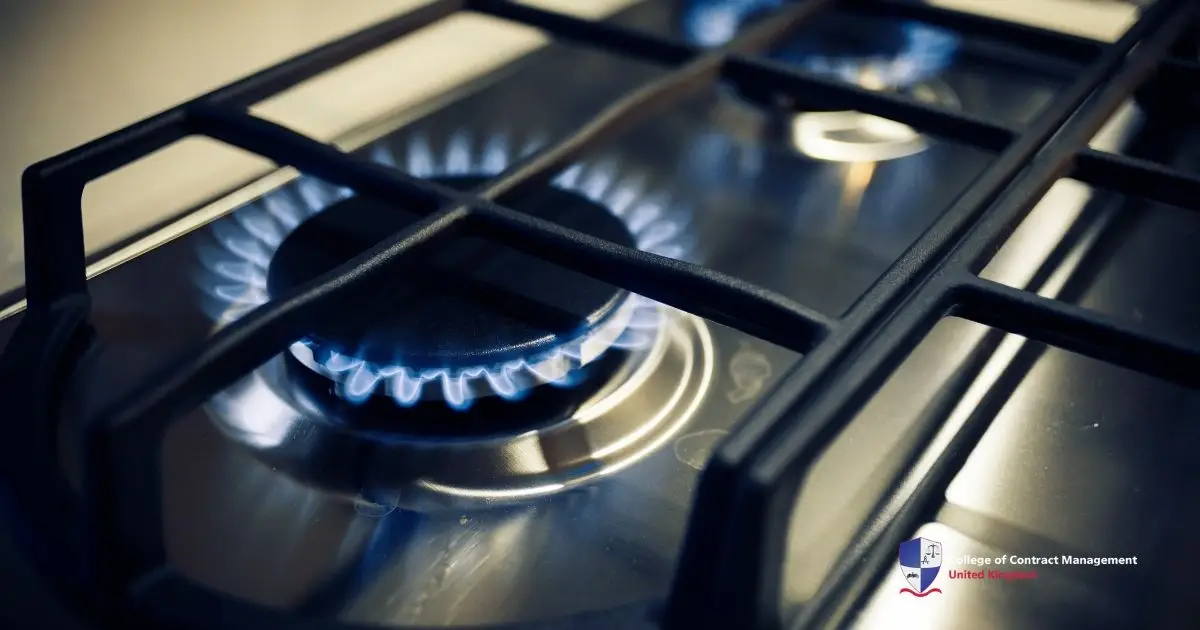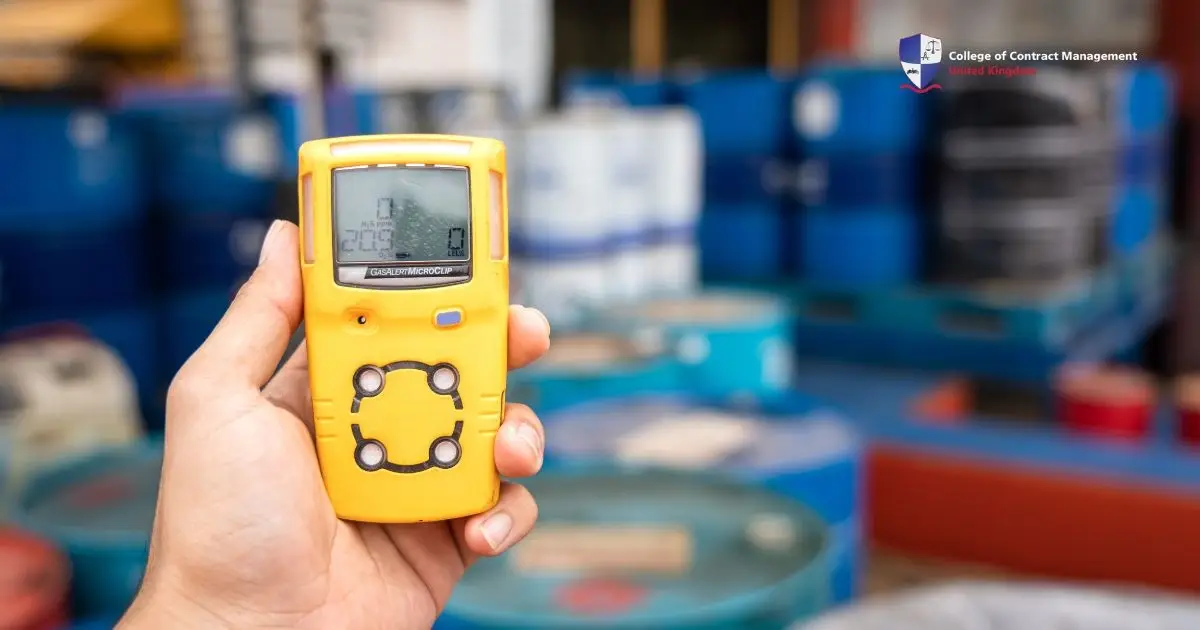Clean and healthy air is everyone’s right. This is why preventing pollution is vital, including the one that comes from carbon monoxide (CO). Carbon monoxide is one of the causes that has a major negative impact on human health. They directly attack human respiration, which affects the lungs.
As a precaution, every home is highly recommended to have a carbon monoxide detector—the tool functions for detecting carbon monoxide polluted air surrounding your home. By installing the detector, you will know when there is carbon monoxide in your surroundings through active sensors. As a result, this method will make you more aware of the carbon monoxide that can affect your family's health problems.
If you are still clueless regarding carbon monoxide detectors, this article will provide you with the essential details. You will know the several types, their functions, the average level, and how this thing works. Take a read!
What is a carbon monoxide detector?
A carbon monoxide detector is a tool specifically designed to detect carbon monoxide gas to prevent poisoning. The tool is an odourless, tasteless, and invisible gas that is produced by burning fuels. Carbon monoxide detectors work silently and almost unnoticed by humans. However, when the detector sensor is active, it will beep.
CO detectors are considered a great investment. Their presence is crucial in your home, as carbon monoxide poisoning can be. To clarify, CO poisoning not only attacks human lungs but also affects the brain and heart. The symptoms you can get from carbon monoxide are even scarier. Blurred vision, dizziness, headache, and movement issues are the common symptoms of major CO poisoning.
Types of carbon monoxide detectors
Carbon monoxide detectors come in different types, and each of them has its specific mechanism. However, their general work is the same: they make alarm sounds when CO reaches dangerous levels. If you're still unsure about which type suits you best, this section will help. Keep scrolling to get more details.
Electrochemical detectors
This is the most commonly used detector in homes. Its sensors consist of electrodes immersed in an electrolyte. CO sensors work by triggering a chemical reaction that generates an electrical current through the electrolyte. That’s when the monitor alerts you about the danger.
Biomimetic detectors
Biomimetic detectors are among the most effective because they simulate how CO affects the human body. This type contains a gel that mimics what happens when the chemical CO attaches to haemoglobin. As CO exposure can turn the blood a cherry red colour, the specialised gel also does the same thing. As a result, they can trigger an alarm when it becomes dangerous.
Metal oxide semiconductor detectors
Metal oxide semiconductor detectors typically have a longer lifespan than the others. This type also tends to be lightweight and contains metal oxide sensor chips inside. Additionally, the chips are coated with a porous metal oxide material that readily forms oxygen bonds, giving them a stronger affinity for CO when detected by the sensors.
Benefits of a carbon monoxide detector
After reading about the causes of CO, there is no reason for you not to install a carbon monoxide detector. Keep in mind that there are many victims of CO poisoning around the world. You and your family definitely don’t want to be part of that. To make it more convincing, this section will provide you with the benefits of a carbon monoxide detector.
1. Early warning signs
The core benefit of installing a carbon monoxide detector is to prevent health problems from occurring. So, a CO detector is a perfect early warning sign device to alert you about the danger. They have alarm systems that can beep when the CO level is considered unsafe. This provides you and your surroundings enough time to carry out the necessary actions.
2. Broken appliance detector
Carbon monoxide detectors can also be used to discover any broken appliances in your surroundings. As an important note, some appliances like gas stoves, gas water heaters, and lawnmowers are the main producers of CO. The CO detector can detect broken appliances and make you aware of that situation. Please note that broken appliances tend to produce more carbon monoxide.
3. Vital for a vulnerable environment
CO detector is used not only in individual homes but also in hospitals, nursing homes, and nursery schools. This device plays a vital role in these environments as it can significantly affect some vulnerable people. Besides being able to act as a precaution, the CO detector can also be a signal for first responders. It’s crucial as the environment can be helped in time.
4. Reliable device
Carbon monoxide detector technology is becoming more advanced, with many models remaining unaffected by temperature and weather changes. As a result, you will not get a false alert, as the systems only detect carbon monoxide, not other gases. So, you can confidently say that the CO detector is a reliable device for your surroundings.
5. Integrated with a smartphone
Another important benefit is that you can integrate the CO detector with your smartphone. The advancement of technology makes modern CO detectors able to alert you via messages if you’re not home. Even some carbon monoxide detectors can alert first responders on their own if something dangerous happens.
Installing a carbon monoxide detector is a simple yet crucial step in protecting yourself and your loved ones. With its ability to detect danger early, provide reliable alerts, and even connect to your phone, there's no reason not to have one at home.
Where should a carbon monoxide detector be placed?
Installing a carbon monoxide detector can be tricky as it has some vital requirements. First of all, don’t put the detector outdoors or in places with rapid air circulation. If you want to install a CO detector in your house, make sure each floor has a separate detector. But if you only have one, put it near the bedroom to make it easier to wake you up.
Placing the detector in the same areas as fuel-burning appliances requires following strict guidelines. It should be at a horizontal distance of around 1m and 3m from the potential source. Moreover, you also have placed the detector close to the ceiling, at least higher than the window or door.
Final thoughts
At last, a carbon monoxide detector is a must-have device in your home. They can alert you to the danger of CO, which can’t cause major health problems. There are some types of detectors that you need to know before buying them. Although the general works are the same, they have their mechanism.
Understanding essential knowledge about this kind of field is crucial for daily life. Luckily, the College of Contract Management has so many insights and online courses you can explore. Above all, you can get a certain certificate in this field. So, seize this golden opportunity—get started now and enhance your knowledge with CCM!





